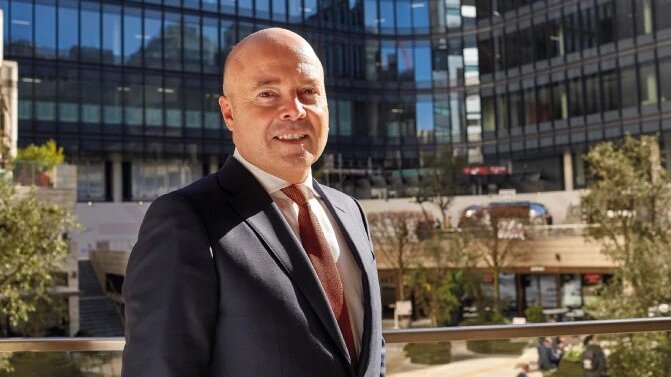Britain has a bad case of low self-esteem while the rest of the world is starting to show more interest in investing here, according to the chief executive of the City broker Peel Hunt.
Steven Fine said he detected signs of growing positivity from global investors, as he reported that the flotations drought in London was still hitting his business badly.
Statutory losses widened from £3.3 million to £3.5 million in the year to March as Peel Hunt saw a 10 per cent increase in its wages bill after spending £2 million on redundancies and other restructuring costs.
• Why London’s flotation business may finally be rising again
Takeovers of UK-listed companies hit its roster of corporate clients, as it lost Redrow and TI Fluid Systems, while picking up new customers including Rightmove, Bytes Technology and Gamma Communications.
Revenues grew 6 per cent to £91.3 million as the firm celebrated some flotation successes, including the computing education devices company Raspberry Pi, one of the few initial public offering successes in London in the past year.
Fine has been one of the most prominent voices calling for reform of capital markets and pension schemes to help stem the exodus of listed firms from London and revive the volume of flotations.
“Domestic self-esteem is quite low,” he said, pointing to the low levels of UK-focused investments by British pension schemes. “The average CEO in this country has only been in the job three and a half years, which means they have only known negativity, bad news, defensiveness and vulnerability.”
Independently owned Peel Hunt remains a big player in equity capital markets, helping companies list and raise fresh capital. It ranks third behind JP Morgan Cazenove and Deutsche Numis, with 52 FTSE 350 corporate clients including five in the FTSE 100.
• Seema Shah: Give pension funds a reason to invest in the UK — don’t threaten them
Fine said that while UK investors were shunning home-country assets, global investors could see good value and opportunity, pointing to recent reports that the Australian infrastructure investor Macquarie was close to buying stakes in London City, Bristol and Birmingham airports.
Following President Trump’s softer line on trade deals, and base rate cuts by the Bank of England, he said the challenging market conditions of February and March had receded. “We are seeing a rotation out of US assets into Europe and greater institutional positivity towards the UK. Equity capital markets activity in the UK remains generally subdued but could gain traction should macroeconomic conditions continue to stabilise.”
Fine argued there needed to be conditions attached to the £49 billion of tax relief given to UK pension funds and £9 billion given to Isa investors to push them into allocating more to British investments.
Many British institutions have pledged to allocate 5 per cent of their holdings to UK infrastructure and private equity by 2030 under the Mansion House II accord, but there have been no additional commitments towards listed UK shares.
Rachel Reeves has stopped short of forcing UK pension funds into more home country investment, but has left the threat hanging if they do not do more.
Peel Hunt shares were up 1½p at 89p in mid afternoon trading. There is no dividend for the third year running. Staff numbers have dropped from 310 to 274. Fine said he would continue to seek out efficiencies. Peel Hunt Fintech Ventures, a financial technology fund attempt, has been written off.
